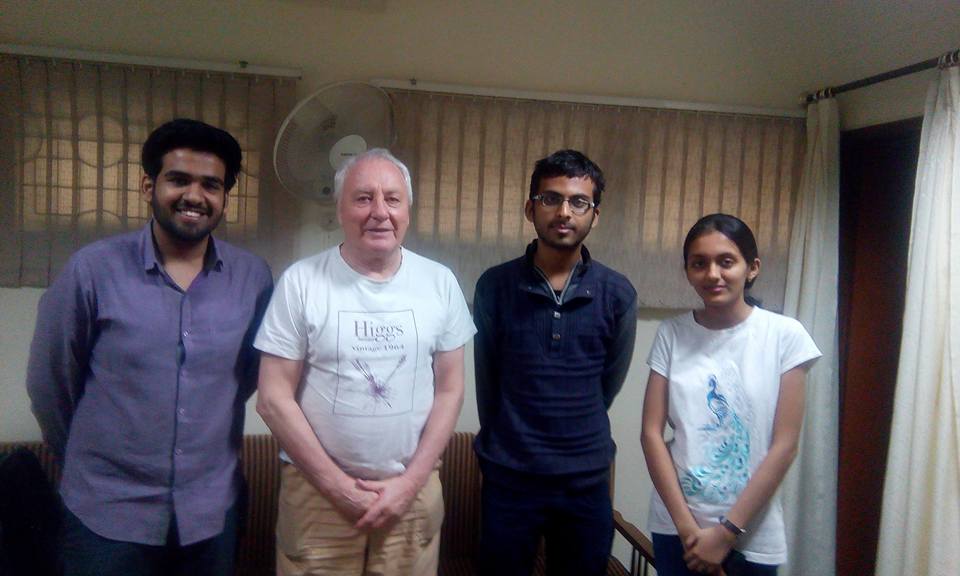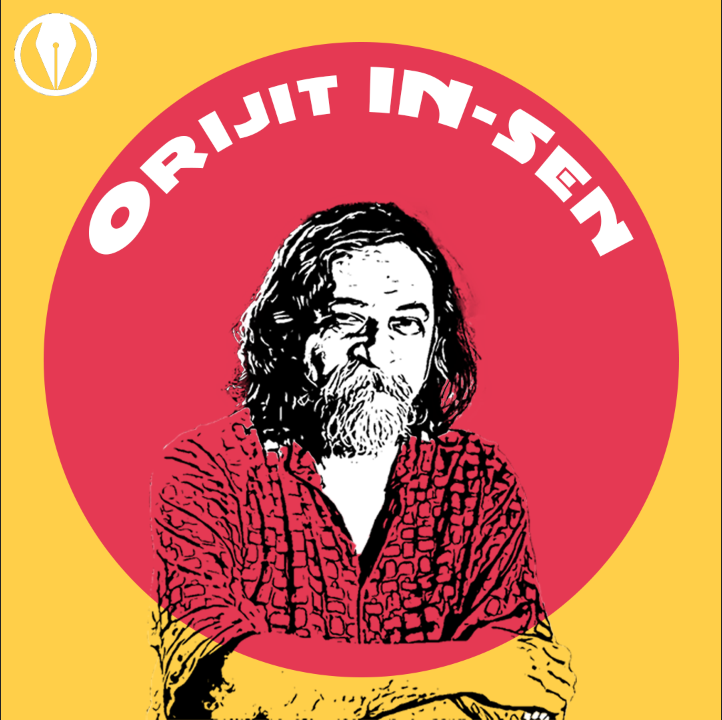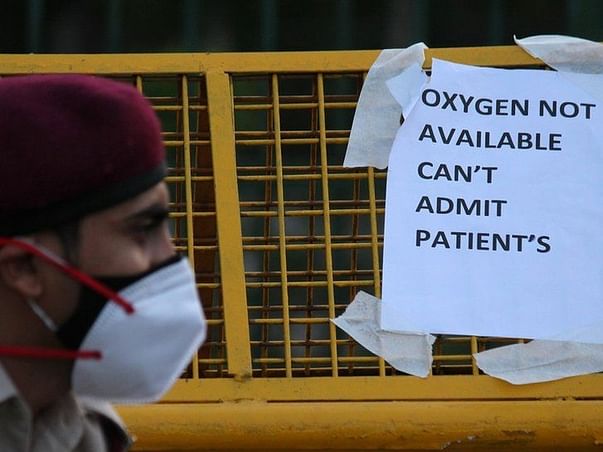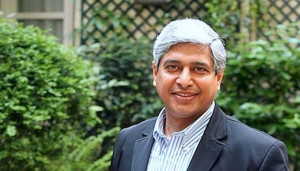The director of Linear Collider Collaboration at CERN talking about LHC, why Physicists hate “the God particle”, India, importance of Science and much more
Vox: You’ve been to India quite a number of times. What are some of the things that excite you about India?
Dr. Evans: I have been to IIT Madras, IIT Bombay, IIT Guwahati and visited India many times during the collaboration for Large Hadron Collider. So, I know quite a bit of India and Indians. I think India is a great country. For the past twenty years of my work, I have been visiting India and actually a lot of things have changed. Now India is technically a very advanced country and I find that Indian students like you people are very enthusiastic and bright.
Vox: How was your life as a college student and what were the things you were involved in, and the subjects you enjoyed the most?
Dr. Evans: Well, during my college life I had always been interested in science, especially in laser physics, before I moved to particle accelerators. After that I spent my whole career working on CERN’s great projects. And the last one in which I was responsible for the design and the construction of the Large Hadron Collider, was the most interesting and most challenging.
Vox: We came to know that you found it difficult to pass the O’ level examination in French for getting admission into university. What is your opinion regarding the importance of language and other non-technical skills for a physicist or a scientific leader?
Dr. Evans: Well, for me it is essential. I think that CERN in its very nature is a mixture of French and English. I probably spend most of my day speaking French, not English. That’s a particular case of CERN. But science is getting more international these days, and we have to admit that the common language of science is English and so a good command of English, is essential for science.
Vox: Apart from the sciences were you interested in any other disciplines?
Dr. Evans: I was interested in history and also in all other disciples of sciences. I was fascinated by biological sciences and astronomy. I also have a small telescope.
Vox: What was the spark which ignited “Physics” in you and motivated you to lead a team of around two thousand engineers? It might would have been difficult to coordinate and guide those intelligent minds to develop something which seemed to be impossible till yesterday, how did you do so?
Dr. Evans: I think doing a big project is a mixture of physics,engineering, and also politics. There is a lot of politics involved in getting the money together to make this project and getting the cooperation of other countries outside of the twenty member countries of the CERN. India was one of them along with Japan, Russia, United States. It was a whole mixture of science, engineering, politics. And it is said that if you can be a physicist, you can be anything!
Vox: How do you think that economic situations and politics of a country impact the research of a country?
Dr. Evans: Well, you see, that when the LHC project was approved in 1994, that was a time of very bad economic climate in Europe. It was the time of reunification of Germany. There was a maastricht criteria, where all governments had to push their budgets as low as possible. But they still realized the importance of international collaboration in science and the Large Hadron Collider. So I hope that it would always be the case, there always will be problems somewhere in the world, sometime. But in spite of that, these big international projects are very important.
Vox: How do you think that this knowledge of fundamental particles can transform the life of a common man, and what do you see as the future of scientific community and humanity as a whole, after fifty years or so?
Dr. Evans: Humanity as a whole is very difficult to note. We are following from time immemorial, a quest for new knowledge. We could have stopped in the Stone Age and not progressed. What we do is very sophisticated and it is very difficult to explain Higgs Boson to the general public. But nevertheless, what we do has huge spin-offs in the World Wide Web. All the technologies that we are developing, we must never reside. We did not set out to build the World Wide Web, we built it because we needed it and that profited the society. Ours is a more indirect way. I think that there are two other aspects that are extremely important: one is education, inspiring young people through these big projects, it’s not easy these days in Europe and America. I don’t know about India. But you need to get more young people interested in science, second is bringing nations together. And I think we do much better job than United Nations at it.
Vox: Thanks to you and people like you that we now know that the God Particle exist. But what do you think about the existence of God himself? That has forever been a debatable topic.
Dr. Evans: I am not going to give my views on existence of God. First of all,“God Particle” is a stupid name, we physicist hate it. It was coined by Leon Lederman, who is actually a friend of mine. Leon wrote a book, and the best way to sell a book is to give it a sexy title. And so he called it as God Particle. There is nothing God-like about it. Except, it gives mass to other particles, so it is on a different level.
Interviewed by Pratyush Rai and Megha Agarwal













